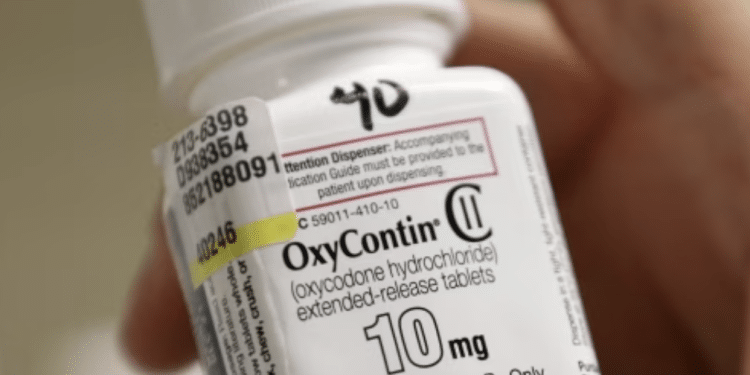A business that prioritized profits over the wellbeing of people
Editorial By Staff Writer David R

In June 2025, Purdue Pharma and the Sackler family reached a $7.4 billion settlement with all 55 U.S. states and territories, marking one of the largest legal resolutions in American pharmaceutical history. The deal aims to resolve thousands of lawsuits accusing Purdue and its owners of fueling the opioid epidemic through deceptive marketing and aggressive sales tactics.
The settlement includes approximately $6.5 billion from the Sackler family’s personal fortune and $900 million from Purdue Pharma itself. Payments will be distributed over 15 years, with nearly $2.9 billion expected in the first three years. These funds are earmarked for addiction treatment, prevention, and recovery programs across the country.
As part of the agreement, the Sacklers will permanently relinquish control of Purdue Pharma and are barred from selling opioids in the United States. Purdue will be restructured into a public benefit company, with profits directed toward combating the very crisis it helped create.
Under the Sacklers’ leadership, Purdue Pharma launched OxyContin in 1996 and aggressively marketed it as a safe, long-term solution for chronic pain. Sales representatives were incentivized to downplay addiction risks, and doctors were targeted with misleading promotional materials.
OxyContin’s time-release formula was touted as a breakthrough, but users quickly discovered they could crush the pills to bypass the mechanism—leading to rapid addiction. Purdue’s internal documents later revealed they were aware of this misuse early on but continued to push sales.
The Sackler family, long known for their philanthropic ties to museums and universities, used their wealth and influence to shape public perception. They funded pain advocacy groups and medical education programs that promoted opioids as underused and essential, further embedding their products into mainstream medicine.
While Purdue did not manufacture fentanyl directly, the company’s role in normalizing opioid use laid the groundwork for the synthetic opioid’s rise. As prescription opioids became harder to obtain, many users turned to illicit fentanyl, which is far more potent and deadly.
Since 1999, more than 850,000 Americans have died from opioid-related overdoses. The CDC attributes a significant portion of these deaths to prescription opioids like OxyContin, especially in the early 2000s. The crisis has devastated families, strained public health systems, and reshaped entire communities.
Earlier versions of the settlement were struck down by the U.S. Supreme Court due to provisions that would have granted the Sacklers sweeping immunity from future civil lawsuits. The current deal does not shield them from future litigation, a key victory for victims and advocates.
Critics argue that while the financial penalties are historic, they fall short of true justice. The Sacklers have not admitted wrongdoing and will retain billions in offshore trusts. Many see the settlement as a compromise that prioritizes expediency over full accountability.
Purdue Pharma filed for bankruptcy in 2019 as lawsuits mounted. The bankruptcy process has been central to the settlement’s structure, allowing the company to reorganize while shielding it from further legal exposure. Local governments must still sign on for the deal to be finalized.

If approved, Purdue’s transformation into a public benefit company could serve as a model for future corporate accountability. However, skeptics warn that without structural changes in pharmaceutical regulation, similar crises could emerge under different names.
The Sackler name has been removed from several prestigious institutions, including the Louvre and the Metropolitan Museum of Art. This cultural reckoning reflects a broader shift in how society views corporate philanthropy tied to harmful industries.
The opioid crisis exposed deep flaws in the U.S. healthcare, regulatory, and legal systems. From the FDA’s approval process to the influence of pharmaceutical lobbying, the Purdue case underscores the need for systemic reform to prevent future public health disasters.
While the settlement may close a legal chapter, the story of the Sacklers and Purdue Pharma remains a cautionary tale. It’s a narrative of unchecked ambition, regulatory failure, and the devastating consequences of prioritizing profit over people






